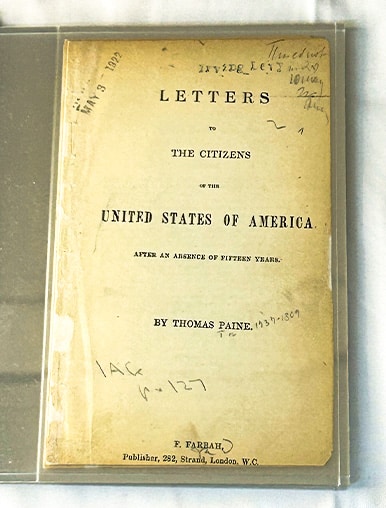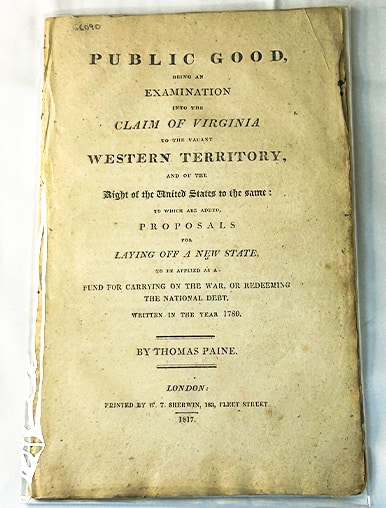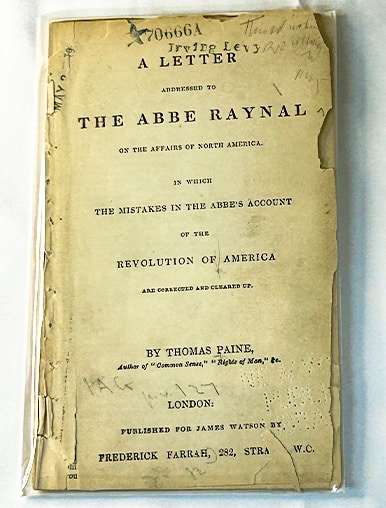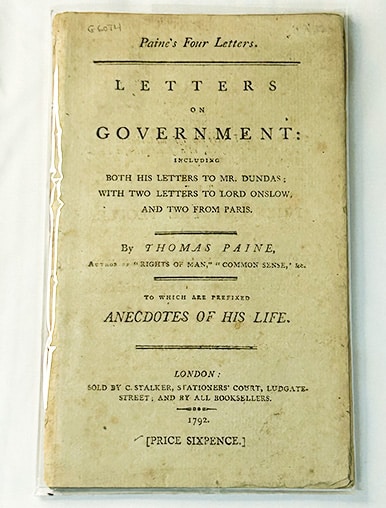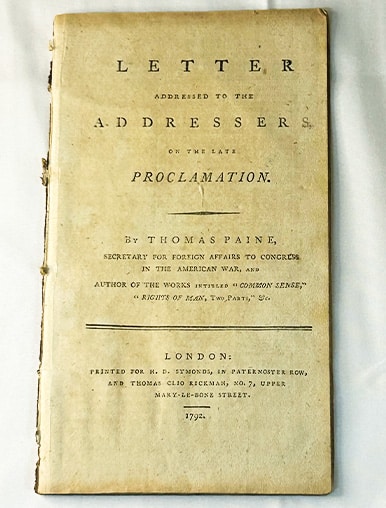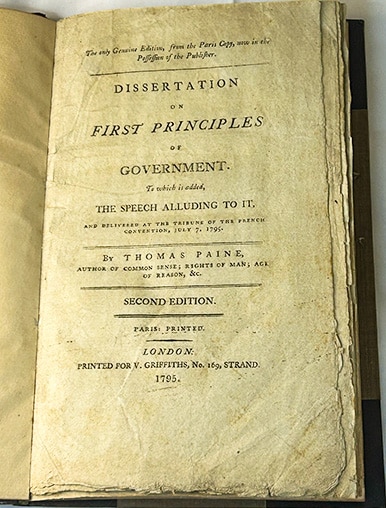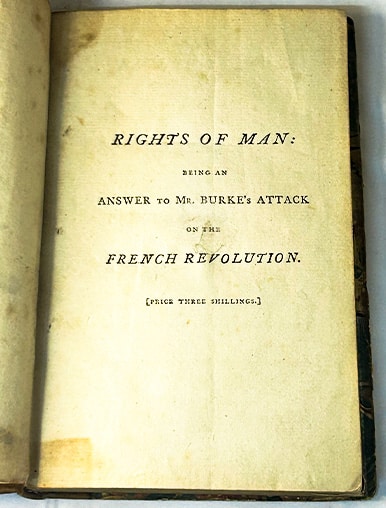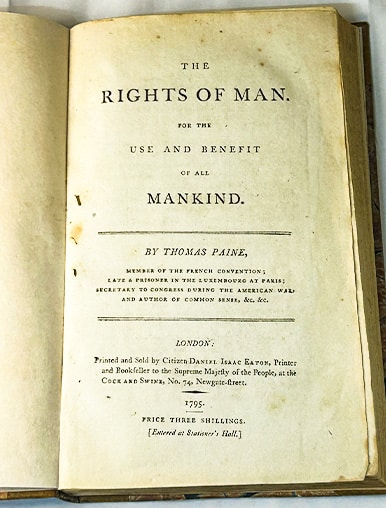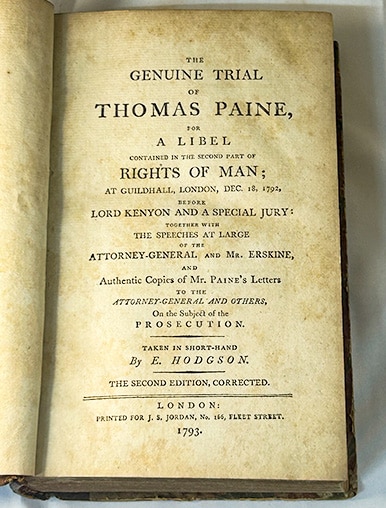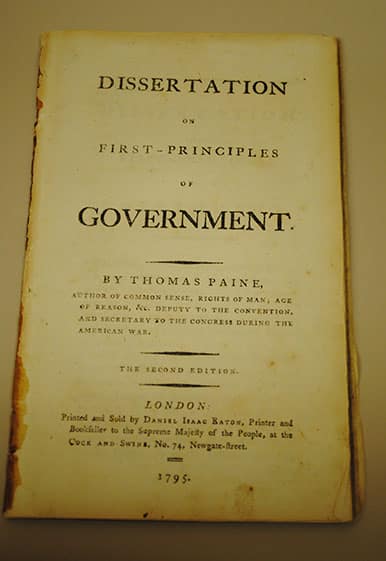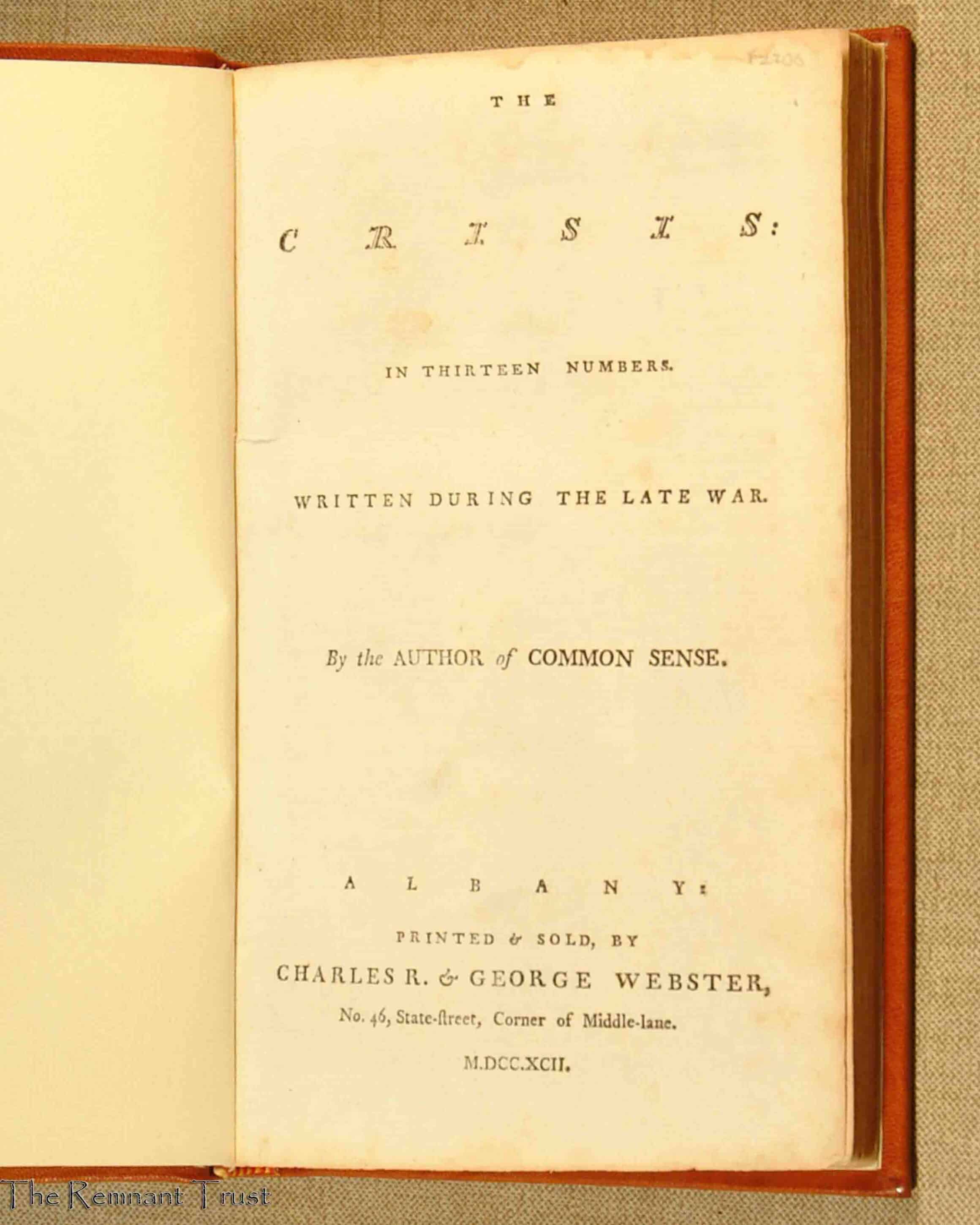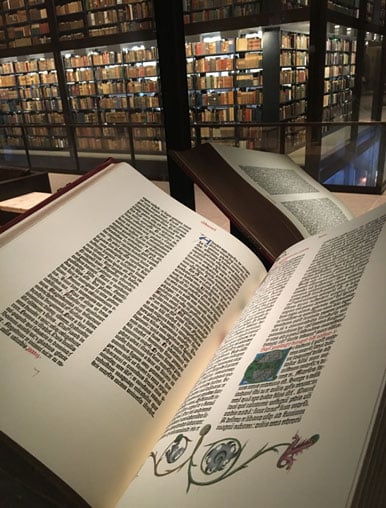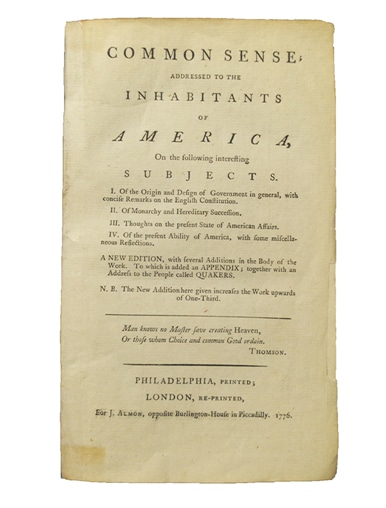REMNANT TRUST COLLECTION
Thomas Paine
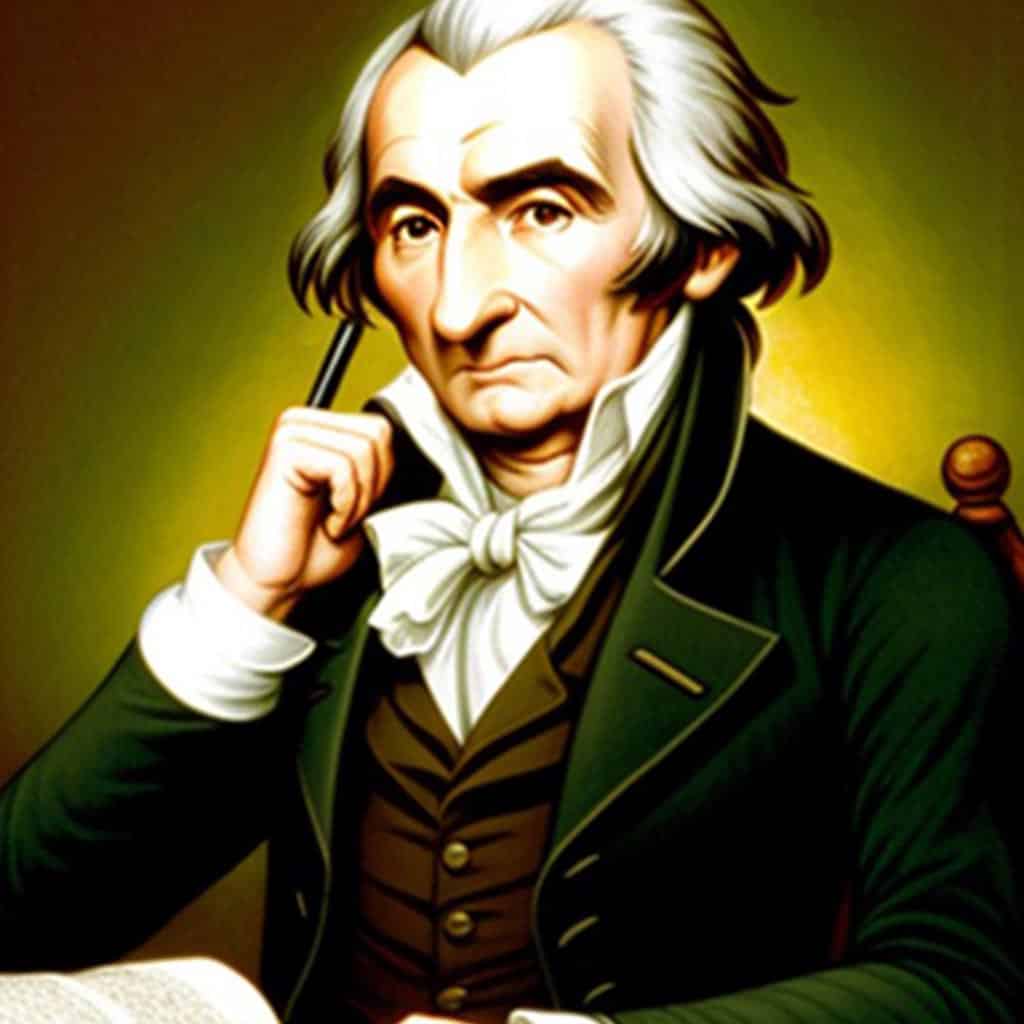
“These are the times that try men’s souls. The summer soldier and the sunshine patriot will, in this crisis, shrink from the service of their country; but he that stands it now, deserves the love and thanks of man and woman. Tyranny, like hell, is not easily conquered; yet we have this consolation with us, that the harder the conflict, the more glorious the triumph. What we obtain too cheap, we esteem too lightly: it is dearness only that gives every thing its value. Heaven knows how to put a proper price upon its goods; and it would be strange indeed if so celestial an article as freedom should not be highly rated.”
– Paine
b. 1737 CE – d. 1809 CE
Thomas Paine’s most widely recognized works – Common Sense, The Rights of Man, The Age of Reason, and The Crisis Papers – ”became the four most widely read political tracts of the eighteenth century.”
His vision of a decent and happy life for ordinary people in this world is still “alive and universally relevant, undoubtedly more relevant than that of Marx, the figure most commonly identified with the nineteenth – and twentieth-century political project of bringing dignity and power to the wretched of the earth.” In fact, it was written: “not only is Paine’s bold rejection of tyranny and injustice as far-reaching as that of his nineteenth-century successor, but his practical proposals . . . are actually more radical than Marx’s, mainly because they managed to combine breathtaking vision, a humble respect for ordinary folk, and a sober recognition of the complexity of human affairs.”
Paine had scarcely landed in the New World in November 1774 before he began writing short pieces for the newspapers, taking the American position in the imperial crisis. It was as if the first thirty years of his life, spent in poverty and obscurity and pressed close to the bottom of English society, had primed him to think like an American.
Paine in January 1776 suddenly burst upon the world with his pamphlet Common Sense. His life and the world would never again be the same. To him more, perhaps, than to any other one person, we owe both the beginning and the happy ending of the Revolution, for it was his keen mind that both helped in drawing up the Declaration of Independence and in persuading the signers of that document to translate it into terms of reality.

